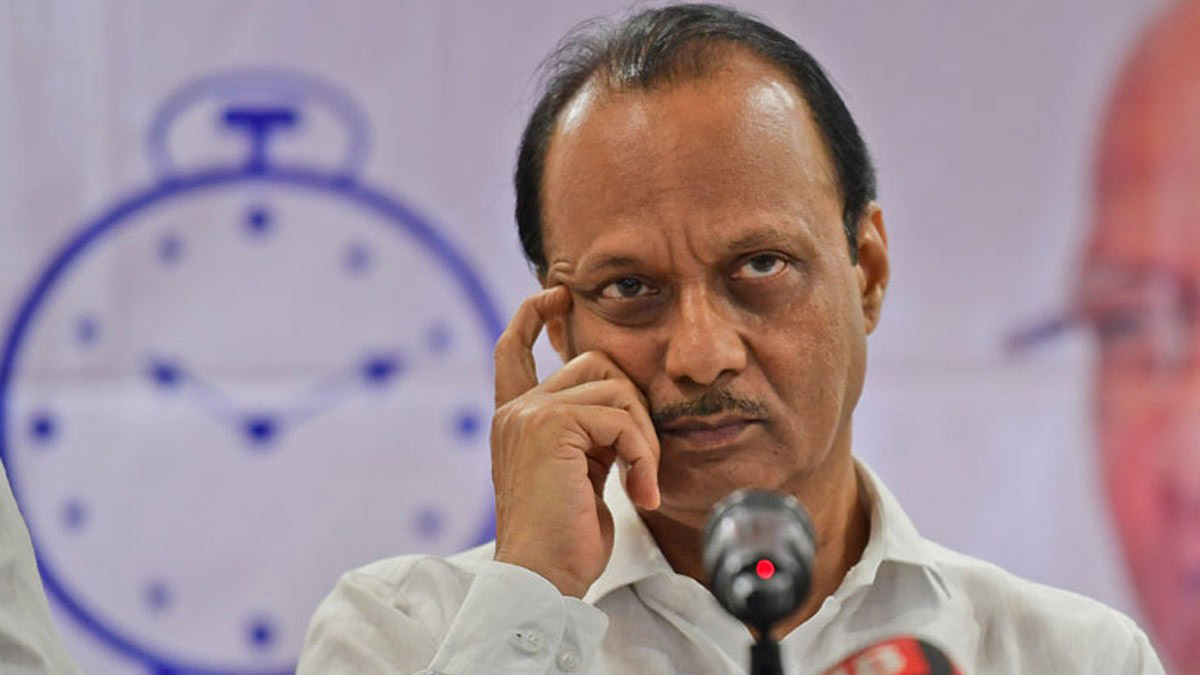The Supreme Court on Thursday directed the Nationalist Congress Party (Ajit Pawar faction) to file an undertaking in Court that its earlier orders regarding party symbol will be complied with. The Court allowed Ajit Pawar's faction to use the erstwhile party’s clock symbol with the disclaimer that the issue is sub judice.
Hearing the Sharad Pawar faction’s plea, the Supreme Court refused to restrain the Maharashtra deputy chief minister’s party from using the ‘clock’ symbol during assembly elections. A bench comprising Justices Surya Kant, Dipankar Datta and Ujjal Bhuyan ordered the Ajit Pawar faction to adhere to its earlier two verdicts and carry a disclaimer regarding the symbol in all publicity materials during the campaign for Maharashtra Assembly polls.
The Sharad Pawar faction in its plea urged the SC to direct the Ajit Pawar-led faction to apply for a fresh symbol with the Election Commission as the latter was misusing the ‘clock’ symbol to create confusion in the minds of the public.
Also read
- Asaram Bapu rape case: SC grants self-styled godman three-month bail on medical grounds
- 'Heard it at Delhi HC': CJI Khanna recuses himself from hearing pleas related to IOA, AIFF constitutions
- SC asks UGC details of action taken on caste discrimination, set up of equal opportunity cells in higher institutions
- Farmers’ protest: ‘Never intended to break Dallewal’s fast’, says SC; raps Punjab govt for misrepresenting directions
The apex court, hearing pleas challenging the Election Commission’s decision to grant the party symbol to the Ajit Pawar faction, directed the party to carry the disclaimer that the symbol matter is sub judice. “We expect both sides to comply with our directions. Don't create an embarrassing situation for yourselves. If we find there is a deliberate attempt to violate our order, we can initiate suo motu contempt,” the bench observed, Live Law reported.
Following the split in the NCP, the Election Commission had recognised Ajit’s faction as the real NCP and allotted the ‘clock’ symbol, the united NCP’s original symbol to it. Pawar’s group challenged the Election Commission’s decision in the Supreme Court.


